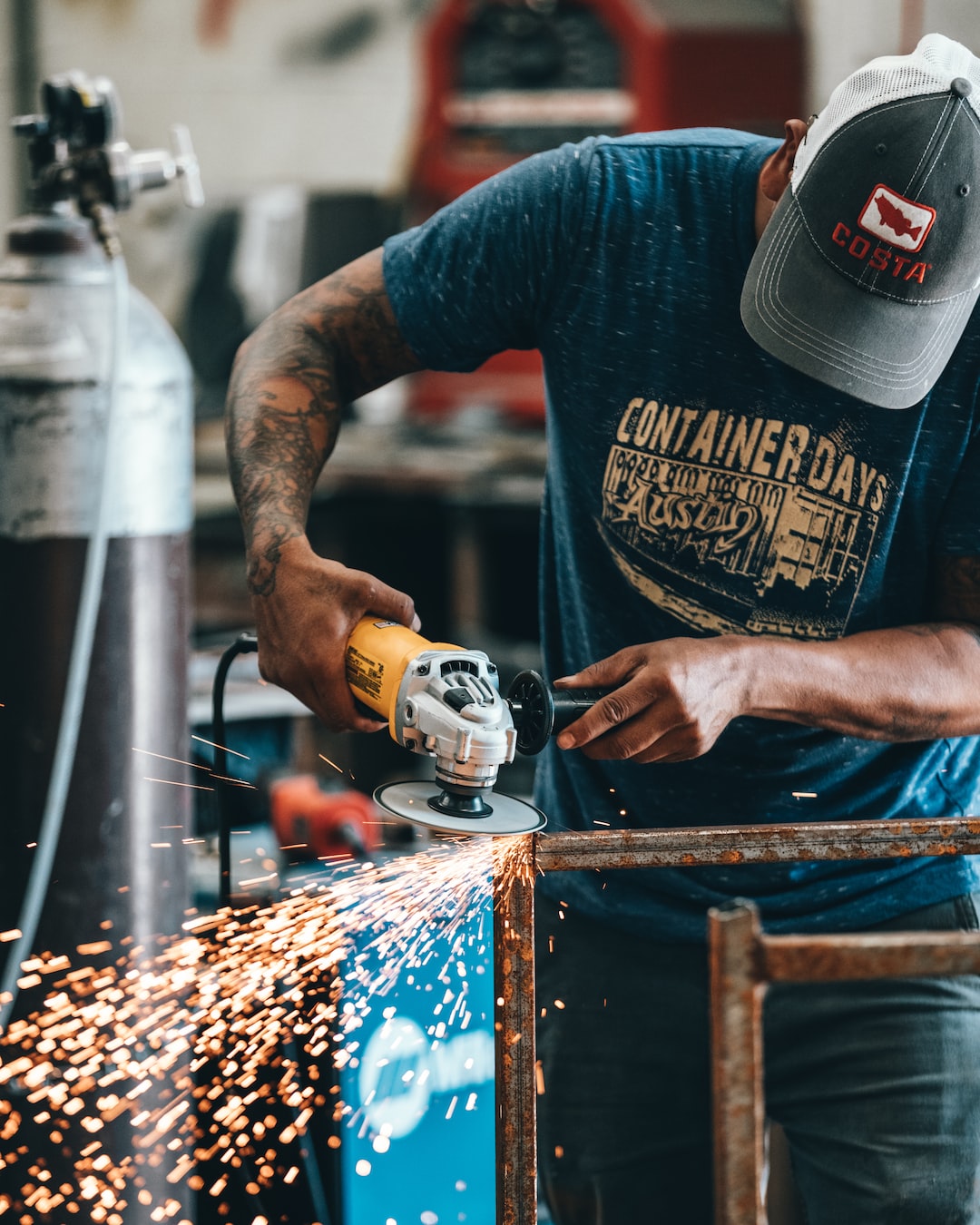The Role of Continuous Improvement in Lean Manufacturing
In today’s competitive business environment, it is essential for manufacturing companies to constantly strive for improvement in order to stay ahead of the game. Lean manufacturing has emerged as a popular methodology to achieve this goal. At the heart of lean manufacturing is the concept of continuous improvement, which plays a crucial role in driving efficiencies and enhancing overall productivity. This blog post will explore the significance of continuous improvement in the context of lean manufacturing and shed light on how it can positively impact a company’s bottom line.
Continuous improvement, also known as Kaizen, is a fundamental principle of lean manufacturing. It involves the systematic and ongoing effort to identify and eliminate waste in all aspects of the manufacturing process. Waste can take many forms such as overproduction, excess inventory, defects, waiting time, and unnecessary processing. By continuously reviewing and refining these processes, companies can streamline their operations, reduce costs, and improve quality.
One of the key aspects of continuous improvement is the involvement of all employees in the process. In a truly lean organization, every employee is encouraged to take ownership of their work area and contribute to the improvement efforts. By empowering employees and promoting a culture of continuous learning, companies can tap into the collective knowledge and expertise of their workforce. This not only fosters a sense of ownership and pride among employees but also enables them to identify areas of improvement that may have otherwise gone unnoticed.
Another important role of continuous improvement in lean manufacturing is the focus on customer value. Lean organizations strive to deliver products and services that truly meet the needs and expectations of their customers. By eliminating waste and streamlining processes, companies can optimize their production flow, reduce lead times, and improve on-time delivery. This customer-centric approach not only enhances customer satisfaction but also helps companies gain a competitive edge in the market.
Continuous improvement also encompasses the concept of standardization. By standardizing processes and best practices, companies can establish a baseline for performance and ensure consistency across different areas of the organization. This enables companies to identify deviations from the standard and take corrective action promptly. Additionally, standardization facilitates knowledge transfer and enables employees to learn from each other’s successes and challenges.
Continuous improvement in lean manufacturing is also closely linked to the concept of problem-solving. When problems arise, lean organizations encourage employees to identify the root causes and implement sustainable solutions. This problem-solving mindset encourages a proactive approach to addressing issues, rather than merely dealing with symptoms. By continuously seeking to improve processes, companies can reduce the occurrence of problems and enhance overall operational efficiency.
Furthermore, continuous improvement promotes a culture of innovation and experimentation. Employees are encouraged to think outside the box and explore new ways of doing things. This encourages creativity, fosters a culture of learning, and drives innovation within the organization. By continuously experimenting and testing new ideas, companies can stay ahead of the competition and adapt to changing market demands.
In conclusion, continuous improvement plays a vital role in lean manufacturing. By focusing on waste reduction, involving all employees, and fostering a culture of problem-solving and innovation, companies can drive efficiencies, improve quality, and enhance customer value. Continuous improvement isn’t a one-time event; it is an ongoing journey towards excellence. As the saying goes, “Great things are done by a series of small things brought together.” Therefore, embracing continuous improvement is a crucial step for any organization seeking to achieve long-term success in the world of lean manufacturing.

